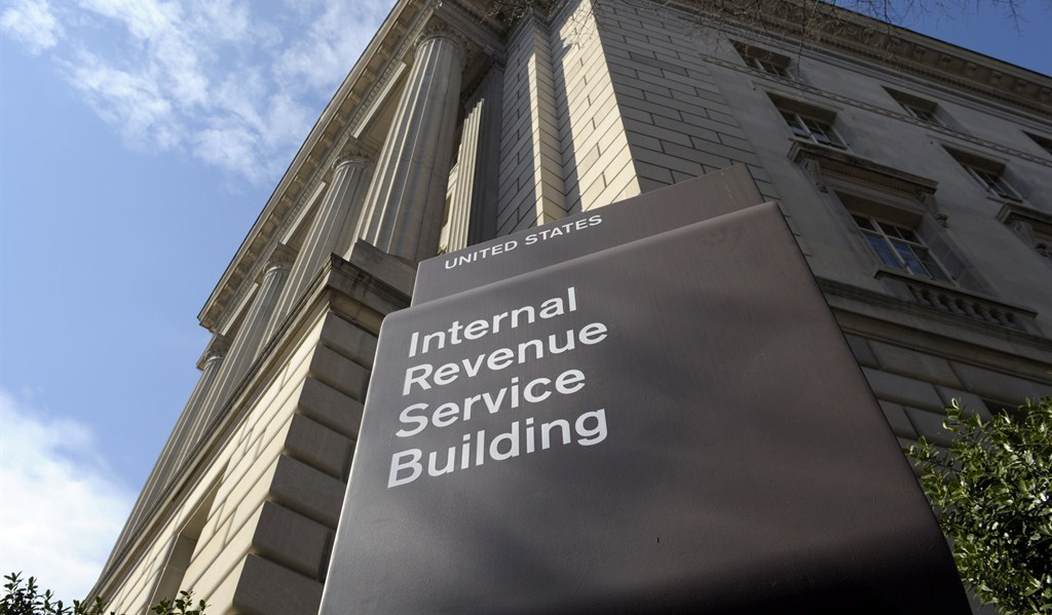The White House, according to NBC News' Chuck Todd, would rather talk about anything other than Obamacare. Hence President Obama's speech in December on "economic mobility" and his identification of five "Promise Zones" this week where the federal government will provide tax breaks and cash to fight income inequality.
But, The Washington Post's Greg Sargent argues, it will be impossible to separate the Obamacare debate from the inequality/mobility/poverty debate. Sargent writes:
The problem with this is the seeming belief that the debate over health care can be neatly separated from the debate over economic fairness and how best to ensure the long term economic security of working and middle class Americans.
...
Democrats are going to do everything they can to shift the Obamacare debate into a broader economic context on their own terms — highlighting stories of Americans being helped by the law, arguing that Republicans would take away its benefits and protections, and tying it to broader GOP resistance to policies that would help struggling Americans, such as the minimum wage hike and unemployment extension. Tying Obamacare to this broader debate will be a major goal in Obama’s upcoming State of the Union Speech, which might get a bit of media attention.
This is all true. Obamacare is inseparable from the larger mobility/poverty debate. Problem is, Obamacare, as currently designed, traps people in poverty and discourages upward economic mobility. Chris Jacobs explains:
Obamacare’s formulae for allocating federal premium and cost-sharing subsidies include several “cliffs.” At these cliffs, individuals and families will actually benefit more by working less because additional earnings could cause them to lose thousands of dollars in taxpayer-funded subsidies.
For example, Obamacare subsidizes insurance premiums for individuals with incomes of up to 400 percent of the federal poverty level (FPL), which is just over $62,000 for a couple in 2013. According to the Kaiser Family Foundation’s subsidy calculator, a married couple, each 50 years old, making a combined $60,000 per year would receive a taxpayer-funded insurance subsidy of up to $5,081. The couple would qualify for this subsidy because their combined income would be just below 400 percent of the FPL. However, if the couple earned an additional $2,500—raising their income just above 400 percent of the FPL—they would receive no subsidy at all. Even though they receive $2,500 more in cash compensation, the couple would actually be worse off financially because they would lose more than $5,000 in federal insurance subsidies.
Similar cliffs occur elsewhere in Obamacare’s subsidy structure. As income approaches 400 percent of the FPL, the percentage of income that households are expected to devote to insurance premiums rises, and the premium subsidies under Section 1401 fall. Individuals with rising income also face the loss of federal cost-sharing subsidies established under Section 1402 of the law, which reduce out-of-pocket expenses including co-payments and deductibles. These effects are particularly acute at certain cliffs established in the statute—for instance, 150 percent, 200 percent, and 250 percent of the FPL—but they also pervade the entire subsidy structure. Overall, University of Chicago economist Casey Mulligan has concluded that Obamacare will help raise effective marginal tax rates by more than 10 percentage points.
Recommended
So while Obamacare may provide millions of Americans with new paper health benefits (but not necessarily a doctor willing to actually provide them with care), it also punishes them if they ever do try and rise up the economic ladder.
Not only will these provisions hit the working poor and the lower middle-class the hardest, but they will also often come as a complete surprise to their victims. The Associated Press reports:
What happens if you or your spouse gets a raise and your family income goes up in 2014? You could end up with a bigger subsidy than you are entitled to. If that happens, the law says you have to pay back at least part of the money when you file your tax return in the spring of 2015.
That could result in smaller tax refunds or surprise tax bills for millions of middle-income families.
"That's scary," says Joan Baird of Springfield, Va. "I had no idea, and I work in health care."
Baird, a health care information management worker, is far from alone. Health care providers, advocates and tax experts say the vast majority of Americans know very little about the new health care law, let alone the kind of detailed information many will need to navigate its system of subsidies and penalties.
And these IRS clawbacks will not be small hits. They can range anywhere from a minimum of $600 to a high of $3,500 per year.
So by all means Democrats, let's please do have a debate about Obamacare's impact on economic mobility.

























Join the conversation as a VIP Member